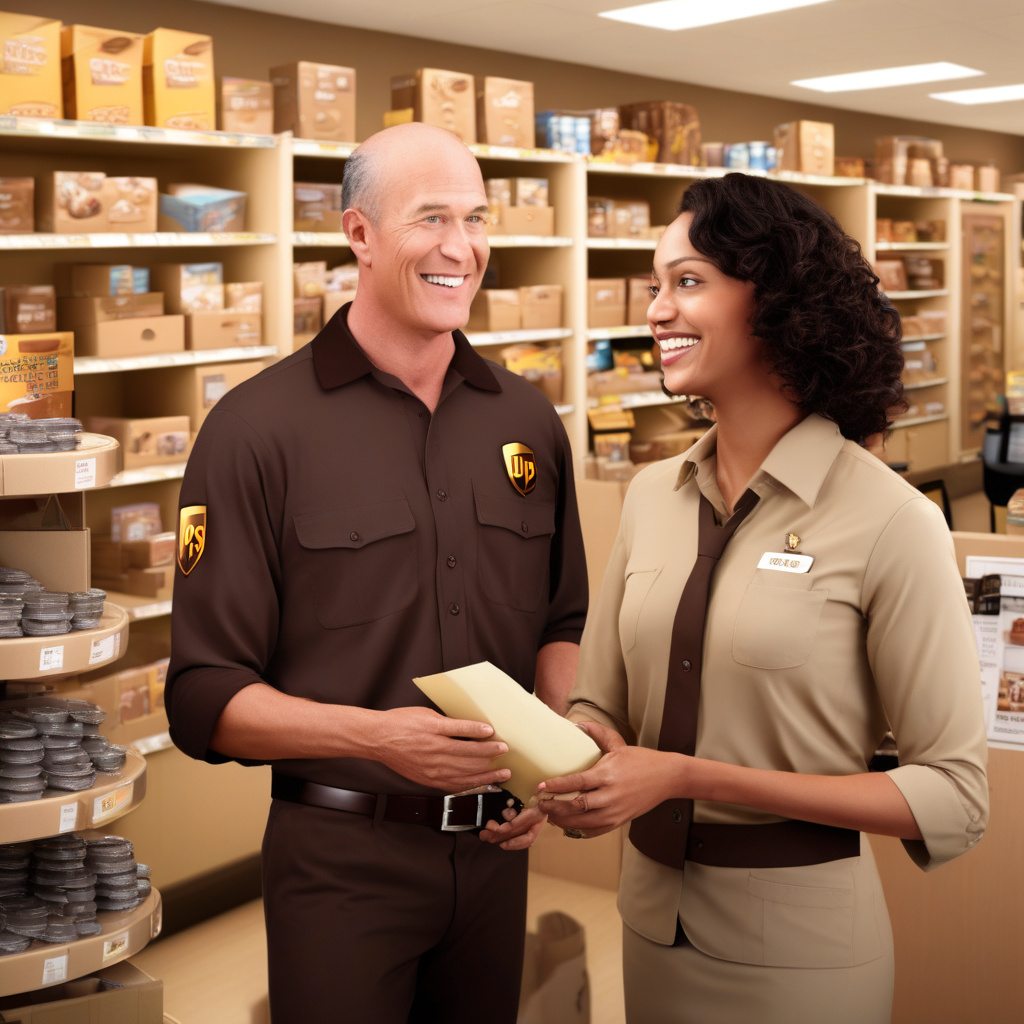How the UPS Store Delivers Best-in-Class Retail Customer Experiences
In today’s competitive retail landscape, where customer expectations are rapidly evolving, companies must innovate continuously to stay ahead. The UPS Store has emerged as a leader in delivering exceptional retail customer experiences, thanks to its strategic approach to customer experience (CX). Sean O’Neal, vice president of retail operations at The UPS Store, shares insights on how the company is enhancing CX through automation, data collection, and customer relationship management.
At the core of The UPS Store’s customer experience strategy is a commitment to understanding and meeting customer needs. O’Neal emphasizes that today’s consumers value convenience, speed, and personalization. To meet these expectations, The UPS Store has adopted a customer-centric approach, focusing on building long-lasting relationships with its clientele. This is achieved through effective communication and an in-depth understanding of customer preferences.
Automation plays a crucial role in enhancing the customer experience. The UPS Store utilizes various automated tools and technologies to streamline processes, reduce wait times, and improve overall service efficiency. For instance, self-service kiosks allow customers to print shipping labels and complete transactions without the need for assistance, freeing up staff to focus on more complex inquiries. This not only expedites service but also enables employees to offer personalized support to customers who require it.
Moreover, automation is instrumental in managing logistics and shipping processes. The UPS Store has integrated sophisticated tracking systems that provide real-time updates to customers regarding their shipments. This transparency fosters trust and satisfaction, as customers are kept informed every step of the way. O’Neal notes that this level of service is a differentiator for The UPS Store, setting it apart from competitors who may not offer similar capabilities.
Data collection is another vital element of The UPS Store’s customer experience strategy. The company employs advanced analytics to gather and analyze customer data, enabling it to gain insights into purchasing behavior, preferences, and trends. This information is invaluable for tailoring services and promotions to meet specific customer needs. For example, if data indicates that a significant number of customers are shipping items during the holiday season, The UPS Store can proactively offer promotions on shipping supplies or services during this peak time.
Customer relationship management (CRM) systems further enhance The UPS Store’s ability to provide personalized experiences. By maintaining detailed records of customer interactions, preferences, and feedback, the company can engage with customers in a more meaningful way. This approach enables The UPS Store to anticipate customer needs and offer tailored solutions, creating a sense of loyalty and satisfaction.
O’Neal mentions that feedback mechanisms are also in place to gauge customer satisfaction continuously. Surveys and follow-up communications allow The UPS Store to assess its performance and identify areas for improvement. This commitment to listening to customers is a critical factor in maintaining a competitive edge in the retail sector.
The UPS Store’s investment in employee training is equally important in delivering a best-in-class customer experience. Employees are equipped with the necessary skills and knowledge to assist customers effectively, ensuring that they feel valued and understood. O’Neal believes that happy employees lead to happy customers, and therefore, The UPS Store prioritizes a positive work environment that fosters engagement and motivation.
Examples of The UPS Store’s commitment to excellent customer service abound. The introduction of mobile apps has made it easier for customers to access services, track shipments, and receive notifications directly on their smartphones. Such innovations reflect the company’s dedication to adapting to the needs of tech-savvy consumers.
The UPS Store also emphasizes community involvement as a means of enriching the customer experience. By participating in local events and supporting small businesses, The UPS Store builds relationships within the community, reinforcing its brand loyalty among customers. This sense of belonging and support resonates well with consumers, as they appreciate businesses that contribute positively to their communities.
In conclusion, The UPS Store has established itself as a leader in the retail space by prioritizing customer experience through strategic automation, data collection, and relationship management. O’Neal’s insights highlight the importance of understanding customer needs and continuously innovating to meet those demands. As the retail landscape continues to evolve, The UPS Store remains committed to delivering best-in-class experiences, setting a benchmark for customer service in the industry.
customerexperience, retailinnovation, automation, dataanalytics, customerloyalty
